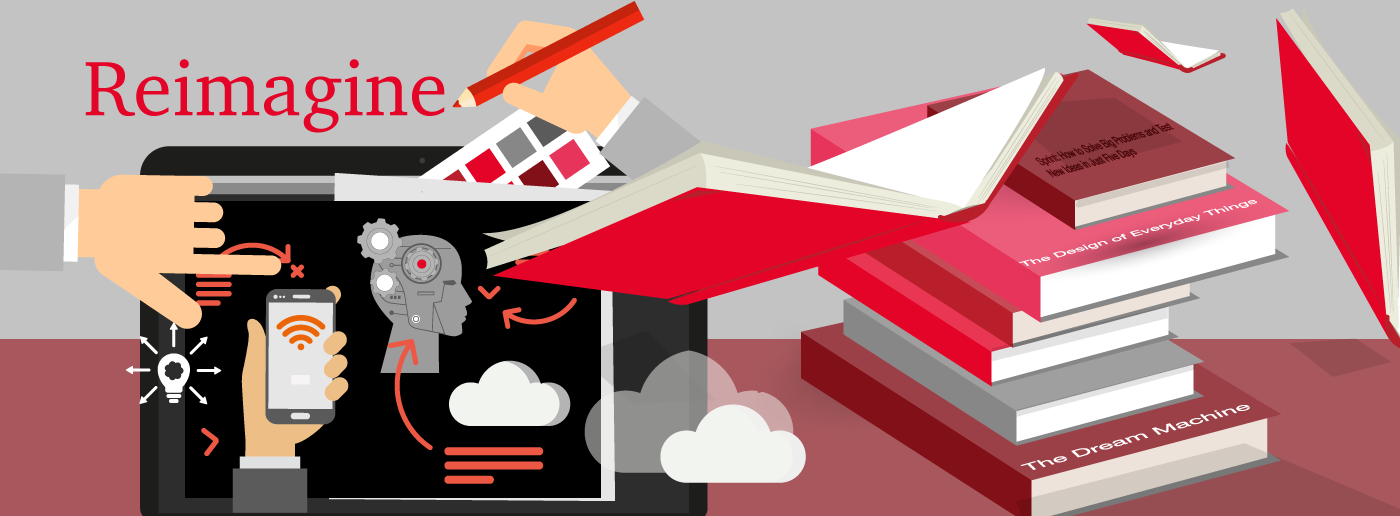Revolution vs incrementalism to design true customer journeys? Despite user experience (UX), user interaction (UI) and related matters becoming more and more ubiquitous in business, the reality is that only 13% of organisations think of the customer journey when structuring themselves according to latest research*. Most Customer Experience (CX) decision makers, however, recognise that single steps or small projects are insufficient to keep up with current customer experience demands and expectations.
We could compare the adoption of CX to the path organisations follow when embracing corporate responsibility. The debut tends to be solitary, a siloed initiative in most cases consisting of a small group of professionals who perform some fancy job that’s not part of the business core. It isn’t uncommon to hear some board member’s opinion about CX or CR being a burden rather than an advantage. That’s part of the path to change; resistance and skepticism have always been present in the business and society evolution after all.
We believe the new organisational value chain is the customer journey. The world is shifting towards what we call The Intelligent Experience Economy, or the combined impact of mobility, AI, and the cloud enabling organisations to reimagine completely the relationship between their brands and customers or users. To succeed in this economy, the intuition to craft enjoyable experiences is as important as the speed in which they are delivered to the market.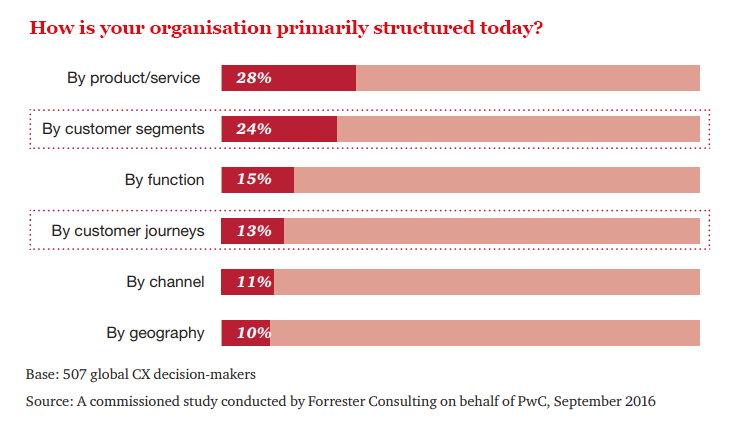
Last week we reached out to three UX experts working in our Experience Center to ask them what user experience-related books they would recommend to our readers. Our goal was to shortlist written sources that help you navigate the UX world, from theoretical aspects to practice.
Read through and let us know if you would add other books to the list. Enjoy!
The waves of CX Transformation
Current times urge us to embrace a customer–experience mindset to reshape our organisations. Although learning by doing is part of our work philosophy, we like to balance things out. This Immanuel Kant quote is very handy to complement our way of thinking: “Experience without theory is blind, but theory without experience is mere intellectual play”.
So before diving into the list of CX-related books, let’s review how professionals have understood CX over time.

6 Customer-Experience related books our experts recommend for your business
To write this article we interviewed Armin Prljaca (Customer Experience Designer), Julien Mosciatti (UX Designer) and Dimitrios Konstantakatos (Service Designer). They shared with us their “don’t miss” UX/CX books, why they recommend them and what we can learn from them. You will find their opinions in quotes.
1) The Dream Machine
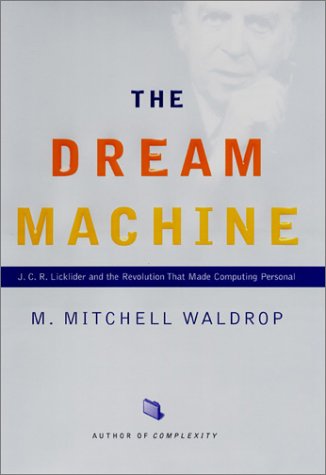
Author: M. Mitchell Waldrop (2001)
Suggested by: Armin
Focus: Computer science, cognitive psychology
You’ve probably never heard of J.C.R. Licklider. He was one of the most influential figures behind the revolution that we commonly know as the digital age. Licklider lived amongst football-stadium sized machines, yet he was able to envision a future where small personal computers would power individuals to reach their higher potential. Having coined many of the jargon terms that we use today, his dream of ‘human-computer symbiosis’ revolutionised our society and gave birth to personal computers and the internet”.
Why this book is worth reading:
“While the book itself has 512 pages, it isn’t limited to Licklider’s contribution to the world as we know it today; it goes further to include many other characters, organisations and institutions that are part of the computer science history. Perhaps the most important contribution Licklider made to the modern society was to think in terms of what purpose things serve and not only what they are or what they can do. This is a mindset shift that many still grapple with, but it is precisely this kind of thinking that gave birth to a branch of cognitive psychology and its application in computer science known as user experience”.
2) The Power of Moments: Why Certain Experiences Have Extraordinary Impact
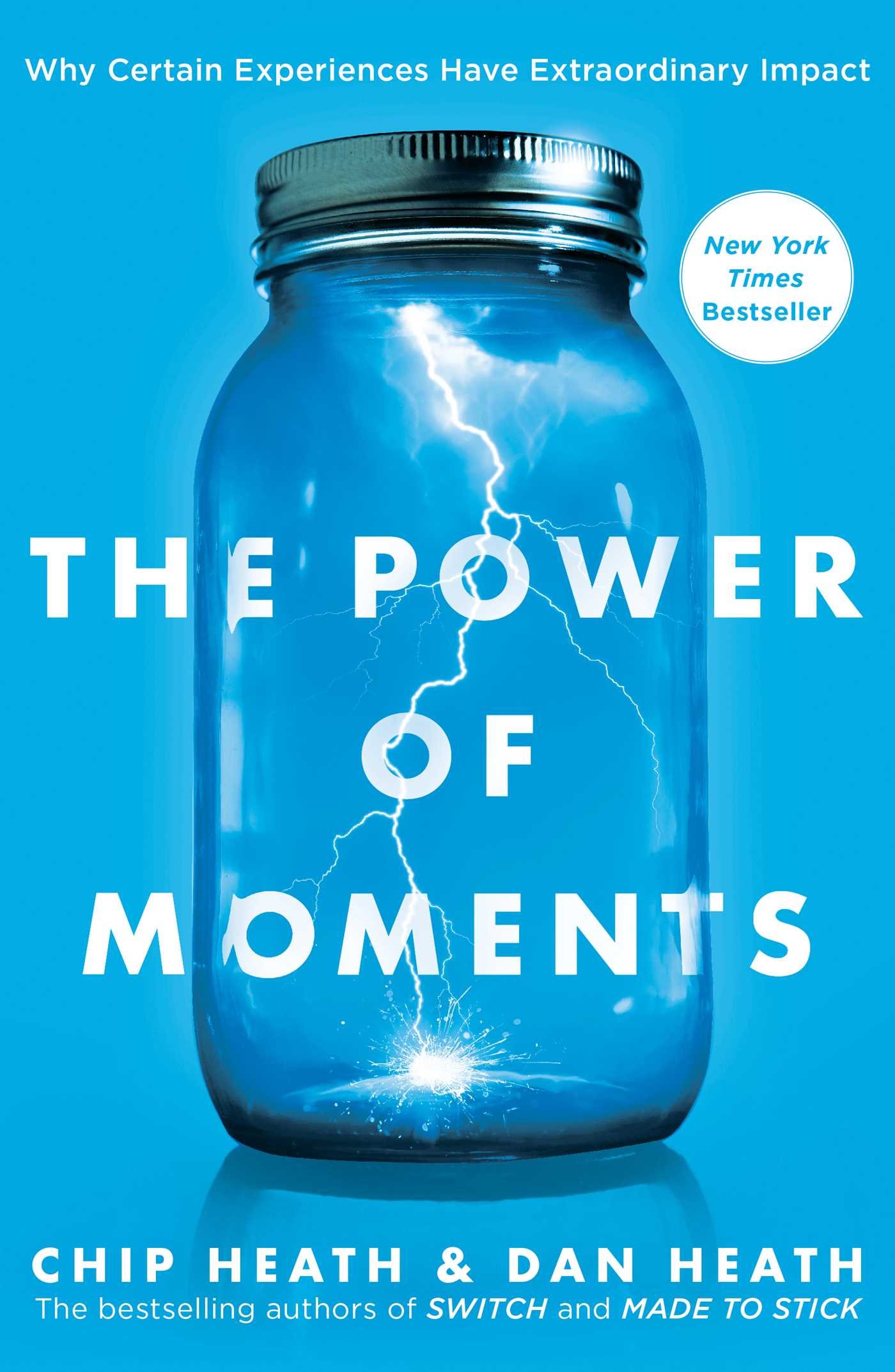
Author: Chip Heath (2017)
Suggested by: Julien
Focus: Design for experience
“The Power of Moments is about why certain brief experiences can jolt, elevate and change us—and how we can learn to create such extraordinary moments in our life and work”.
Why this book is worth reading:
“This book is brilliant and very modern in its approach. The idea of creating memorable or extraordinary experiences is such a simple concept that would seem to be common sense yet it’s hardly used. It gave me actionable tips to create and add “wow” moments to parts of a system, and stay ahead competitors”.
3) Sprint: How to Solve Big Problems and Test New Ideas in Just Five Days
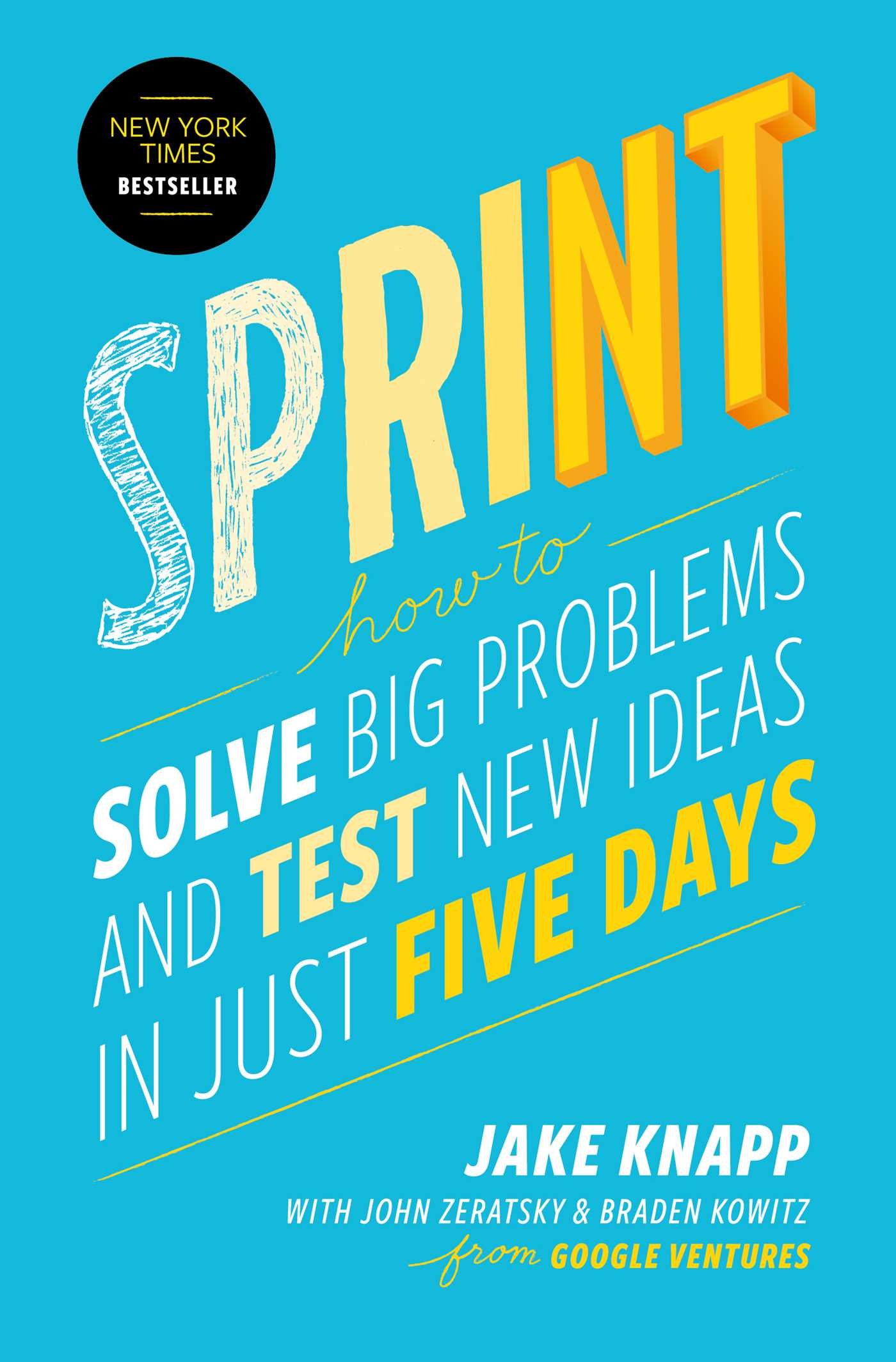
Author: Jake Knapp (2016)
Suggested by: Julien
Focus: Innovation, product and service design
“Sprint completely overhauls your project management process, allowing you to go from idea to prototype in just five days, and quickly figure out if your idea is worth creating”.
Why this book is worth reading:
“This book is one of my favorite because it gives a systematic approach to innovation, product and service design. The Design Sprint is a framework Jake Knapp created for Google Ventures which has been implemented and battle-tested by most of the most innovative companies in the world. The underlying concepts have roots in human-centered design, anthropology, prototyping, UX, innovation, app design and agile, stitched together in a simple 5-day intuitive roadmap any organisation can take advantage of.
4) This Is Service Design Doing: Applying Service Design Thinking in the Real World
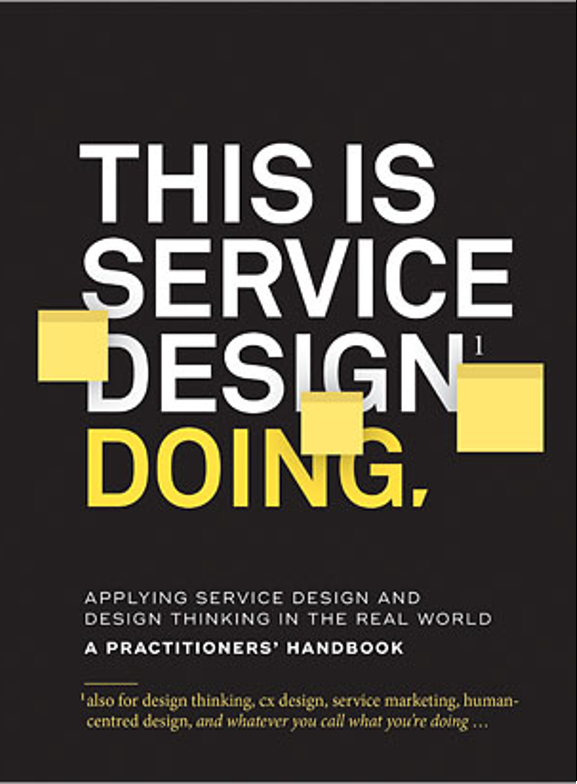
Author: Marc Stickdorn , Markus Edgar Hormess, Adam Lawrence, Jakob Schneider (2018)
Suggested by: Dimitrios
Focus: Service design
“This book is about the practical application of service design. You’ll find guidelines to facilitate workshops, and insights on how to put into practice service design methods within your organisation”.
Why this book is worth reading:
“This book is great for people interested in collaborative creation, workshop facilitation and breaking silos through collaborative techniques. By using real world case studies, this book puts together a step-by-step guide of tools and methods used in service design that will help you take your projects to the next level”.
5) The Design of Everyday Things
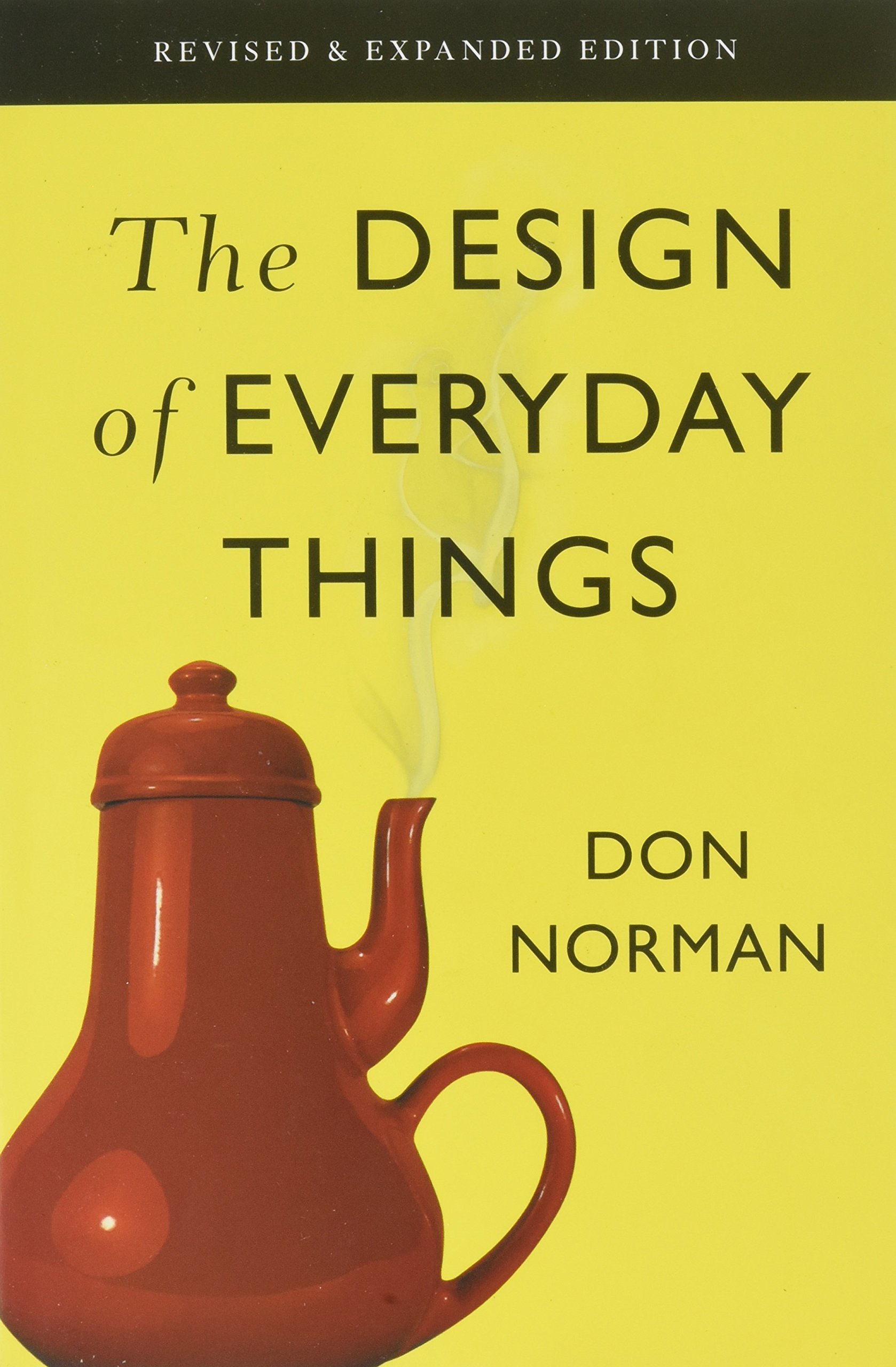
Author: Don Norman (1988)
Suggested by: Armin
Focus: Product design
“This book provides an overview of design principles and lists a variety of poor design choices that are harmful for any business. To me, it is a good entry point to human-centered design; it’s also an essential read for any aspiring designer, or for individuals who want to get more experience when interacting with physical surroundings”.
Why this book is worth reading:
“Don’s captivating book makes sure you have a new glance at man-made objects next time you interact with them. After reading the book, you’ll pay more attention to how design decisions were made to build everyday objects and tools, from the door knob to a button placement on the website. The book is fun to read and very illustrative, as it includes examples of how design helped solve common problems”.
6) Méthodes de design UX: 30 méthodes fondamentales pour concevoir et évaluer les systèmes interactifs
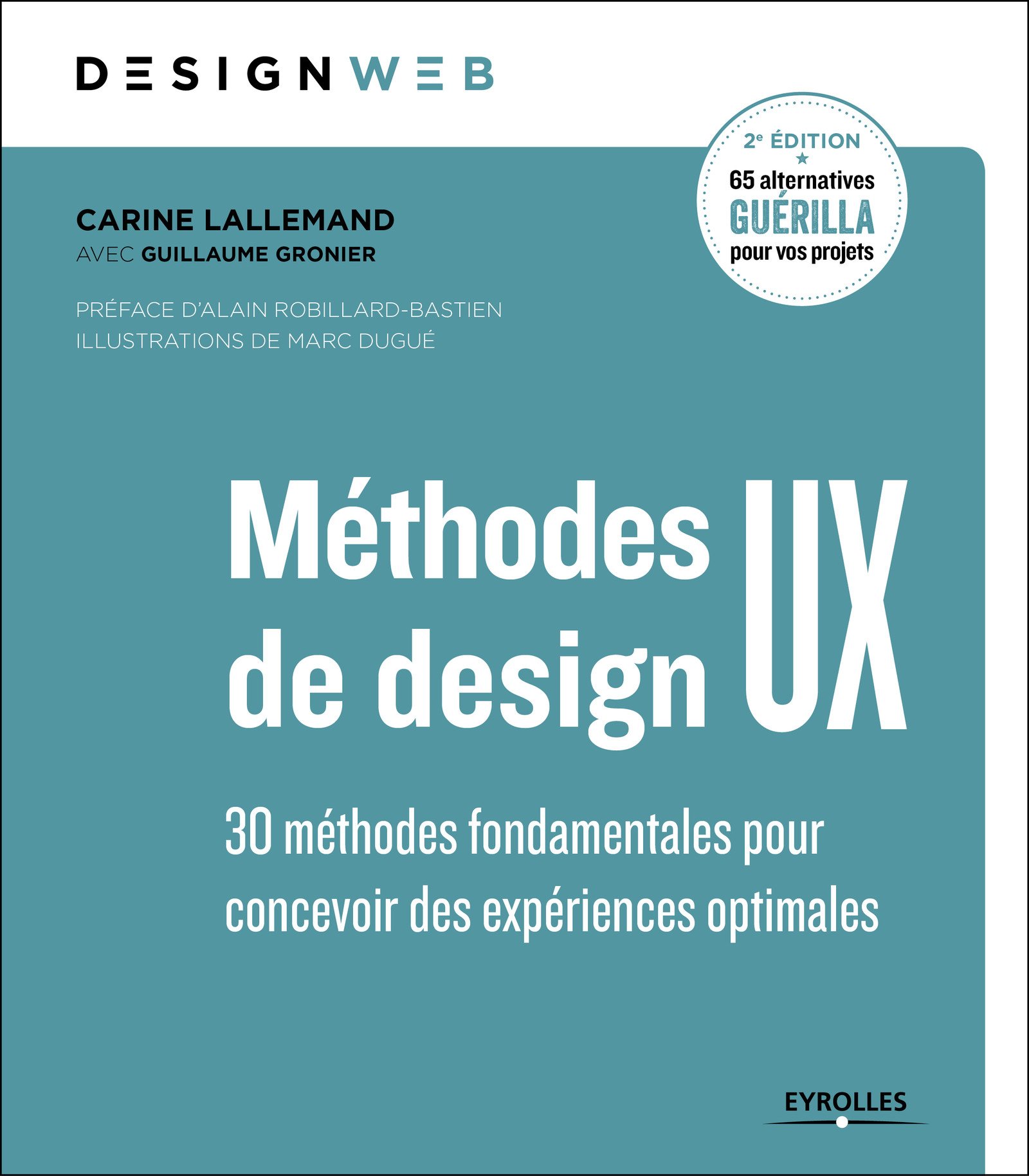
Author: Carine Lallemand, Guillaume Gronier 2018 (2e édition)
Suggested by: Dimitrios
Focus: UX design essentials
This book written in French has 30 methodological chapters covering the essentials of UX design. It’s a must-read for anyone who wants to know the nitty-gritty of UX; it’s a step-by-step guide of methods you want to know to make appropriate decisions for your design projects.
Why this book is worth reading:
This is your go-to UX book, an unmissable guide for anyone involved in the design of systems, products or services. It’s the perfect blend: you will find a theoretical and methodological portfolio of methods that will help you enrich and lay down the foundations on every phase of your project.
So what book will you read first?
Although literature and theoretical support are helpful, don’t take your feet off the ground: the best CX is the result of iteration, of being hands-on and trying things out. For more authentic, enjoyable customer journeys in the “The Intelligent Experience Economy”, silos need to be blasted away. We want our organisations to transform structures and operations. Products, segments and channels aren’t the best variables to organise our teams because no single department owns the CX. The days where the experience was delivered within the four walls of the organisation are almost over.
Meet our UX experts
 |
 |
 |
|---|
Notes
(*) “Changing the game: The new rules of Customer Experience in the ‘Intelligent Experience Economy” (PwC, 2017)
(**) Net Promoter Score is used to benchmark organisations to evaluate and improve customer loyalty. It measures how likely customers are to recommend a brand to their friends.
(***) Customer Service Score is a type of customer satisfaction survey that measures the level of easiness with a company. Customers are asked, on a scale of “Very Difficult” to “Very Easy” how much effort it takes when interacting with a product or service.

